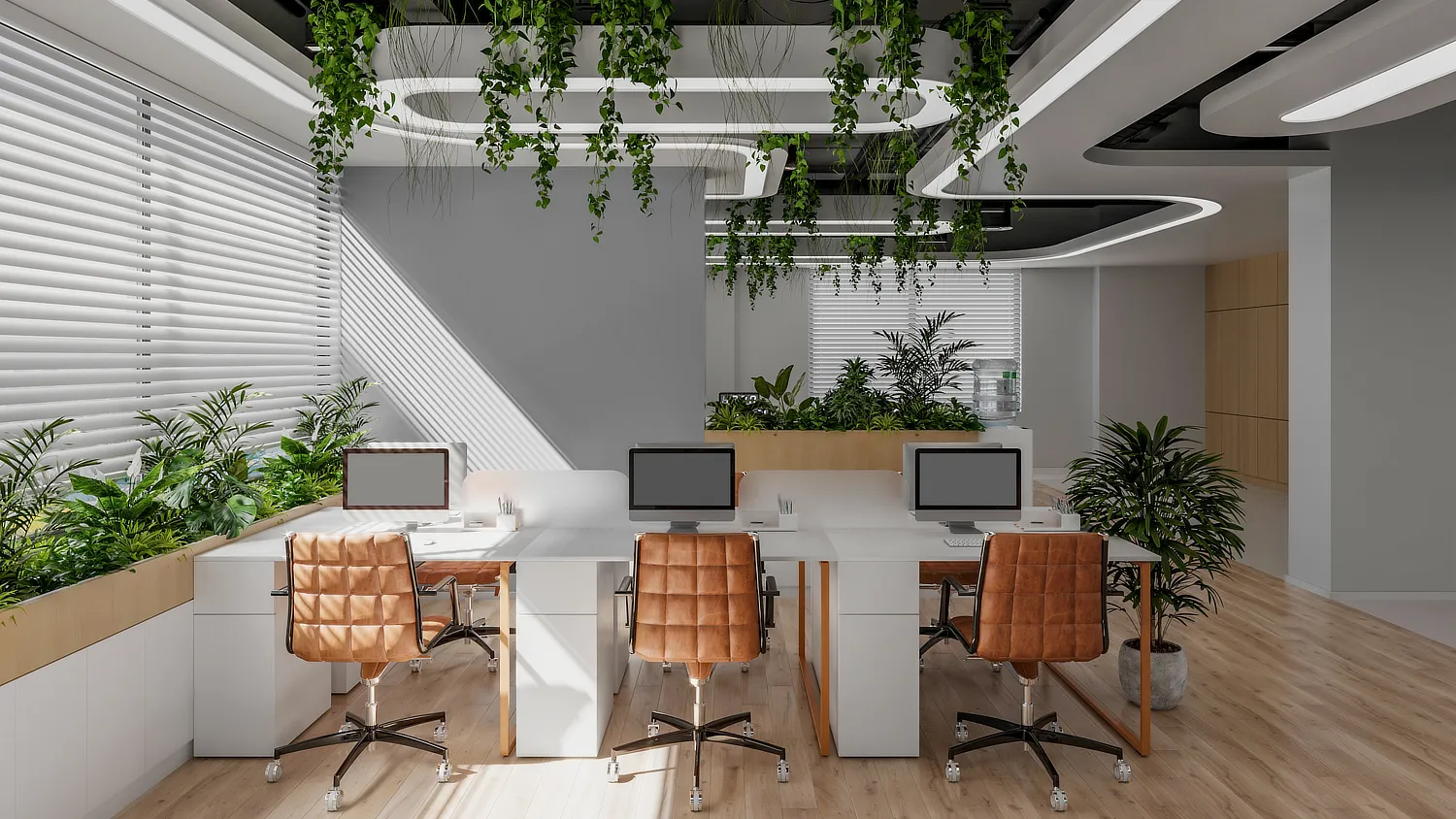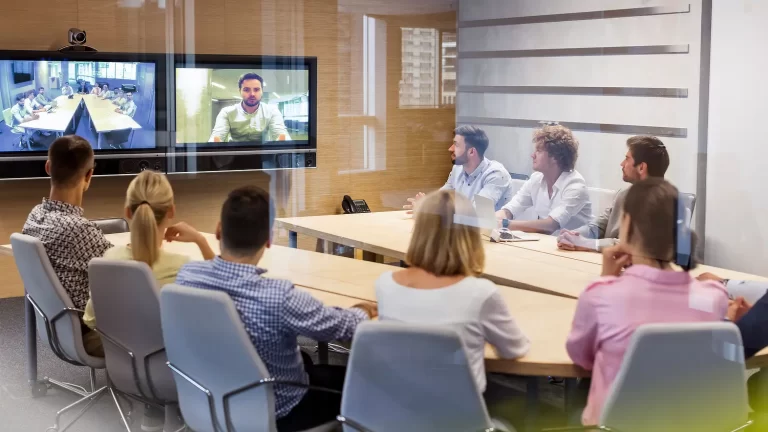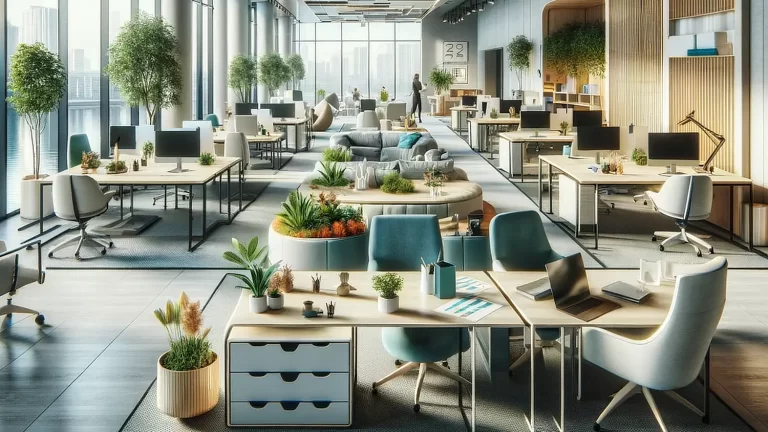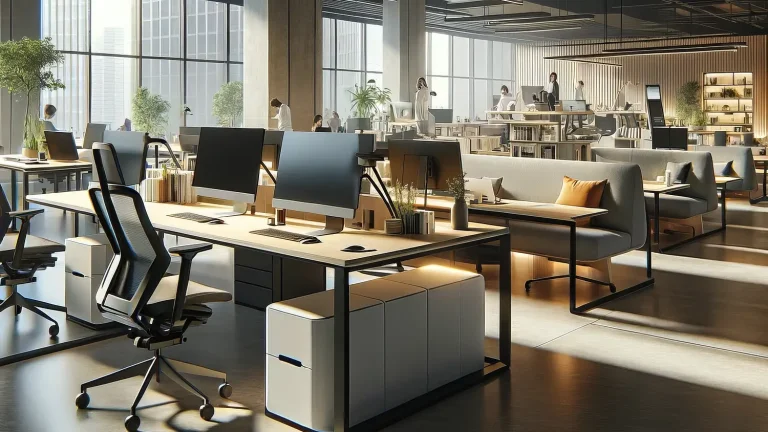Industrial spaces have long been synonymous with functionality over comfort. However, a shift is happening, and it’s high time we embraced the human factor in these environments. Companies like Bosch, PepsiCo, and Steelcase are leading the charge, proving that prioritising employee well-being isn’t just compassionate – it’s good business.
Natural light is more than just a mood booster. Studies consistently show that exposure to natural light enhances productivity and well-being. By integrating ample windows and skylights, these companies are not only reducing energy costs but also fostering a more pleasant and stimulating work environment. This change alone can transform a dreary factory floor into an inviting workspace where employees feel valued and motivated.
In the hustle and bustle of industrial work, finding a moment of privacy can be challenging. Yet, creating designated private spaces for individual tasks and breaks is crucial. These quiet areas allow employees to recharge, reflect, and focus without constant interruptions. On the flip side, social spaces encourage collaboration and camaraderie. Break rooms, lounges, and communal areas foster a sense of community and belonging, making work feel less like a chore and more like a shared mission.
Wellness isn’t just a buzzword—it’s a vital aspect of a healthy workplace. Providing resources like on-site fitness centres, mental health support, and ergonomic furniture shows a company’s commitment to its employees’ overall well-being. Bosch, PepsiCo, and Steelcase understand that a healthy workforce is a productive one. By investing in wellness, they are reducing absenteeism, boosting morale, and ultimately, enhancing their bottom line.
Transforming industrial spaces to prioritise the human factor is a win-win situation. It shows employees that they are valued and respected, which in turn fosters loyalty and productivity. Companies like Bosch, PepsiCo, and Steelcase are setting a new standard—one that others should eagerly follow. It’s not just about creating better workplaces; it’s about creating better lives for those who keep these industries thriving.



